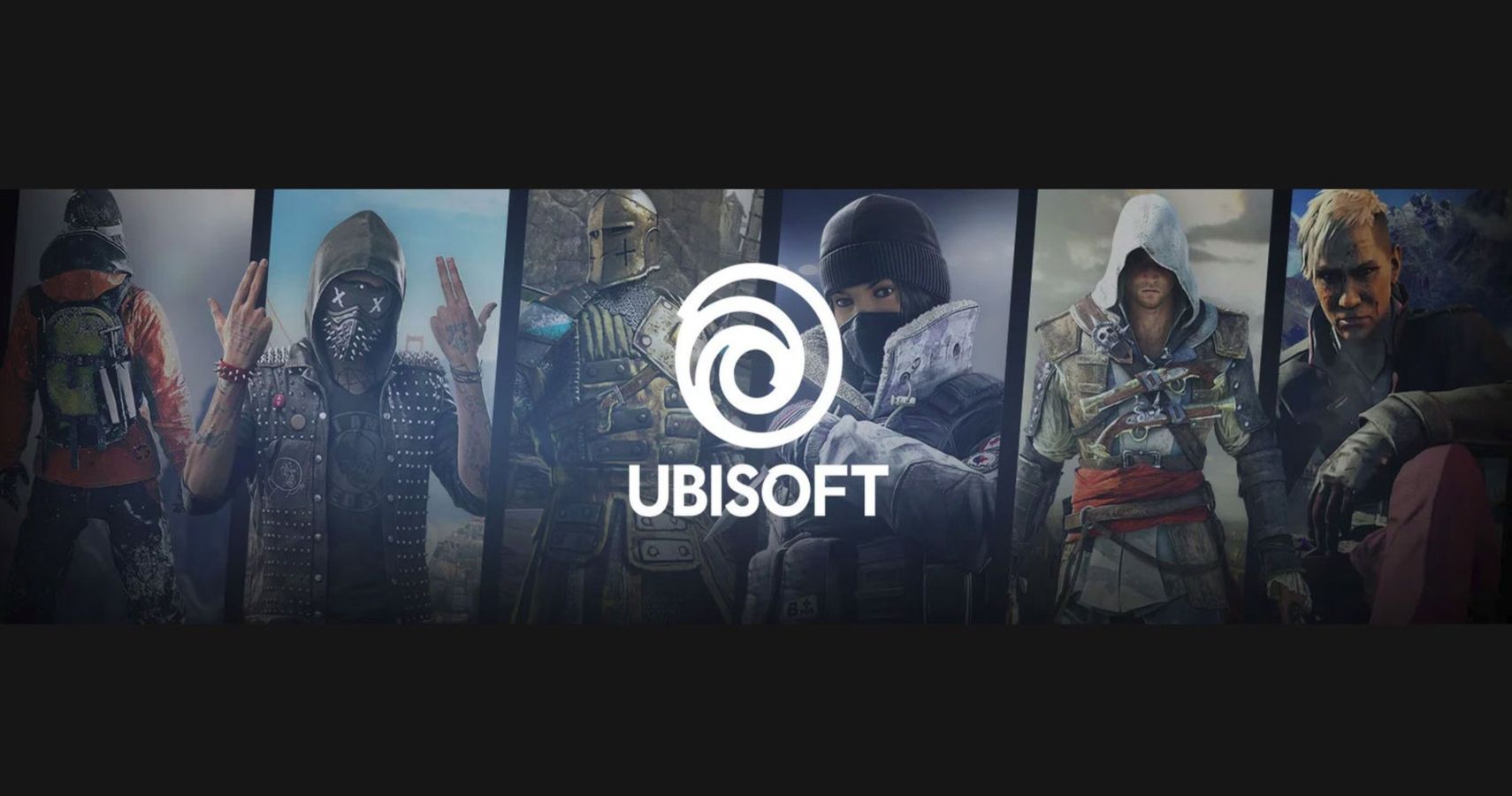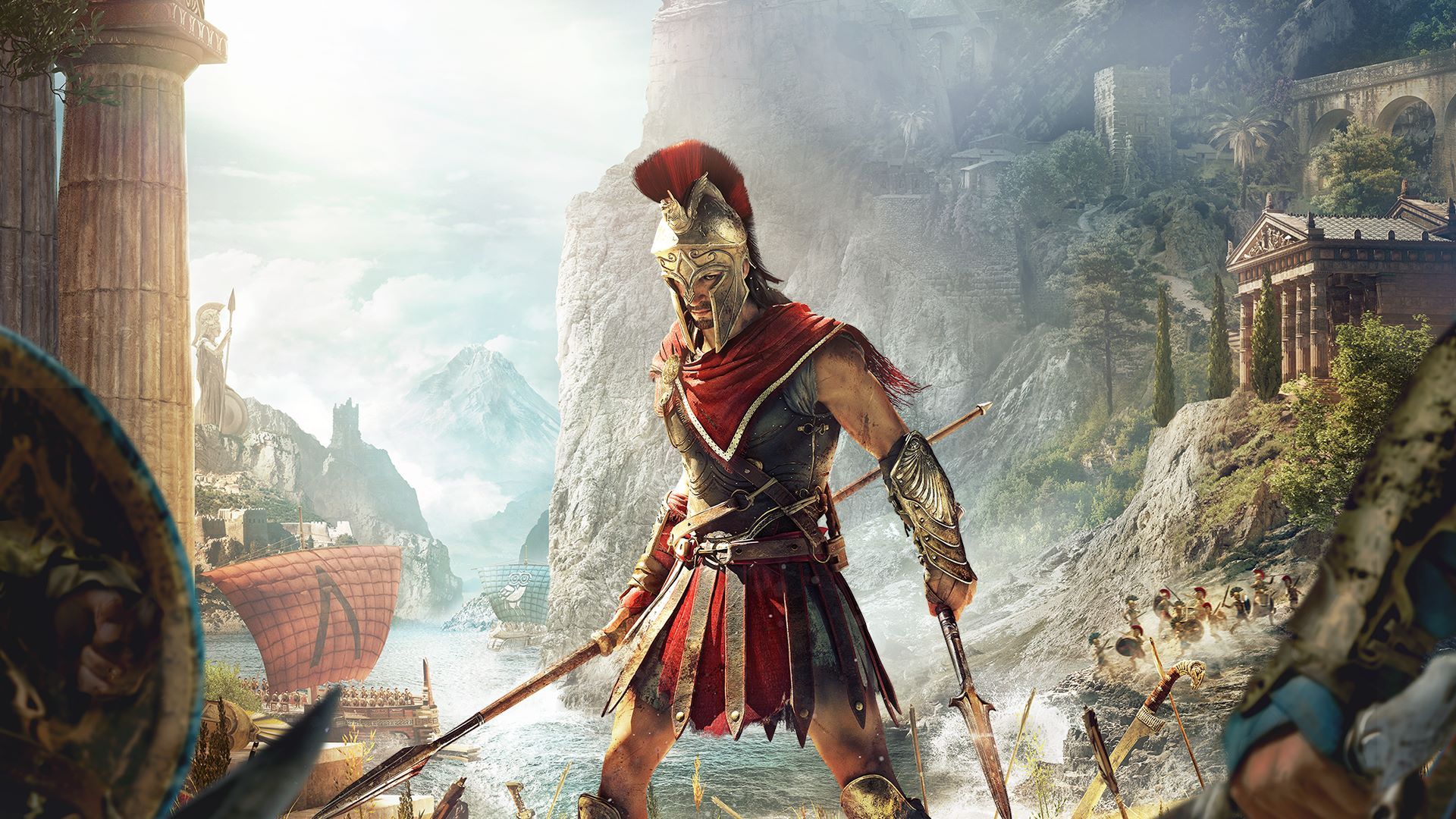Ubisoft is seeking to exert a measure of control over digital game key distribution, having partnered up with Genba Digital to introduce "silent key activation," a method which will see to it that games sold through third-party stores don't end up on sites that resell keys.
This adds to an already existing relationship between the two companies, with 10 game stores - Chrono.gg and Fanatical included - having already signed on to use the service to sell all Ubisoft games.
So, instead of gamers having the option of purchasing keys for games from a third-party seller and redeeming via Ubisoft's Uplay platform, a store would ask for Uplay account data before any transaction could go further. Genba will then verify the account and activate the game automatically on the player's Uplay account.
This new system keeps retailers and players from ever handling the game codes directly so accessibility from unauthorized sites should be pinched to a minimal.
"That gives the publishers control of how their products are distributed, rather than the old fashioned way: throwing a big Excel spreadsheet of keycodes to e-tailers and asking them to declare their sales," CEO Matt Murphy told GamesIndustry.biz in an interview.
"Silent key activation doesn't pass on the key to the e-tailer or, as a consequence, the end user. It stays with Genba. We take a number of keys off Ubisoft for a game like Assassin's Creed Odyssey and we'll set on that keybank.
"If someone goes on a website like Fanatical and buys a Ubisoft product, it will take them through the checkout process, then ask you to enter your UPlay account -- if you don't have one, it asks you to set one up. The game is then automatically activated in UPlay. Fanatical doesn't get a key, and neither does the player. They just log into UPlay and the game is there, as if they bought it from the UPlay Store.
"It's preventing keys being bandied around the market, so they can't be resold. I suppose you could sell your account, but they'd pick up on that and that's a very messy way of reselling games."
Genba's goal is to keep publisher IP's safe and to prevent keycodes from being sold from unauthorized sites. According to Murphy, the traditional way of distribution (publishers providing keys to retailers in bulk and trusting them to accurately report sales) is "ripe for abuse."
Genba Digital has worked with Square Enix, Capcom, Bandai Namco, and several other publishers in the past. Their partnership with Ubisoft is just the latest of many.


